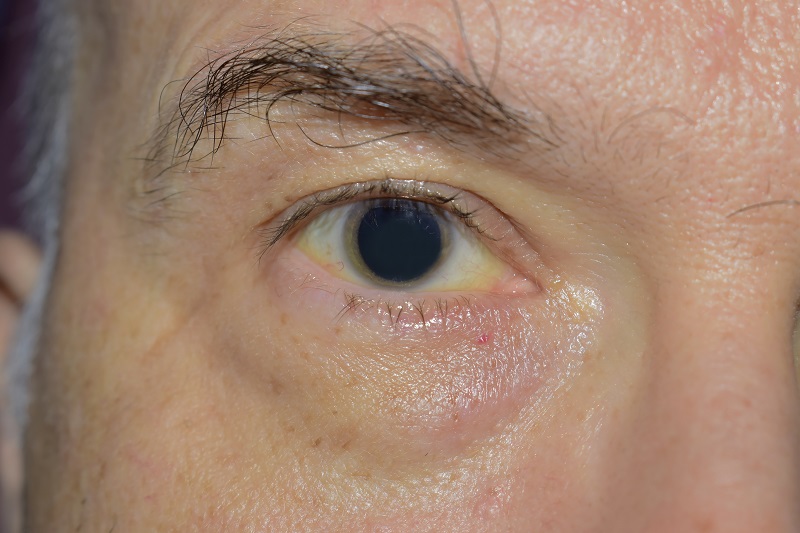
Some research indicates that in 1%-3% of COVID-19 cases, the infected person developed a case of Conjunctiva (Pink Eye). Practicing physical distancing, wearing masks, and washing hands is currently the best way to reduce your chances of catching COVID-19.

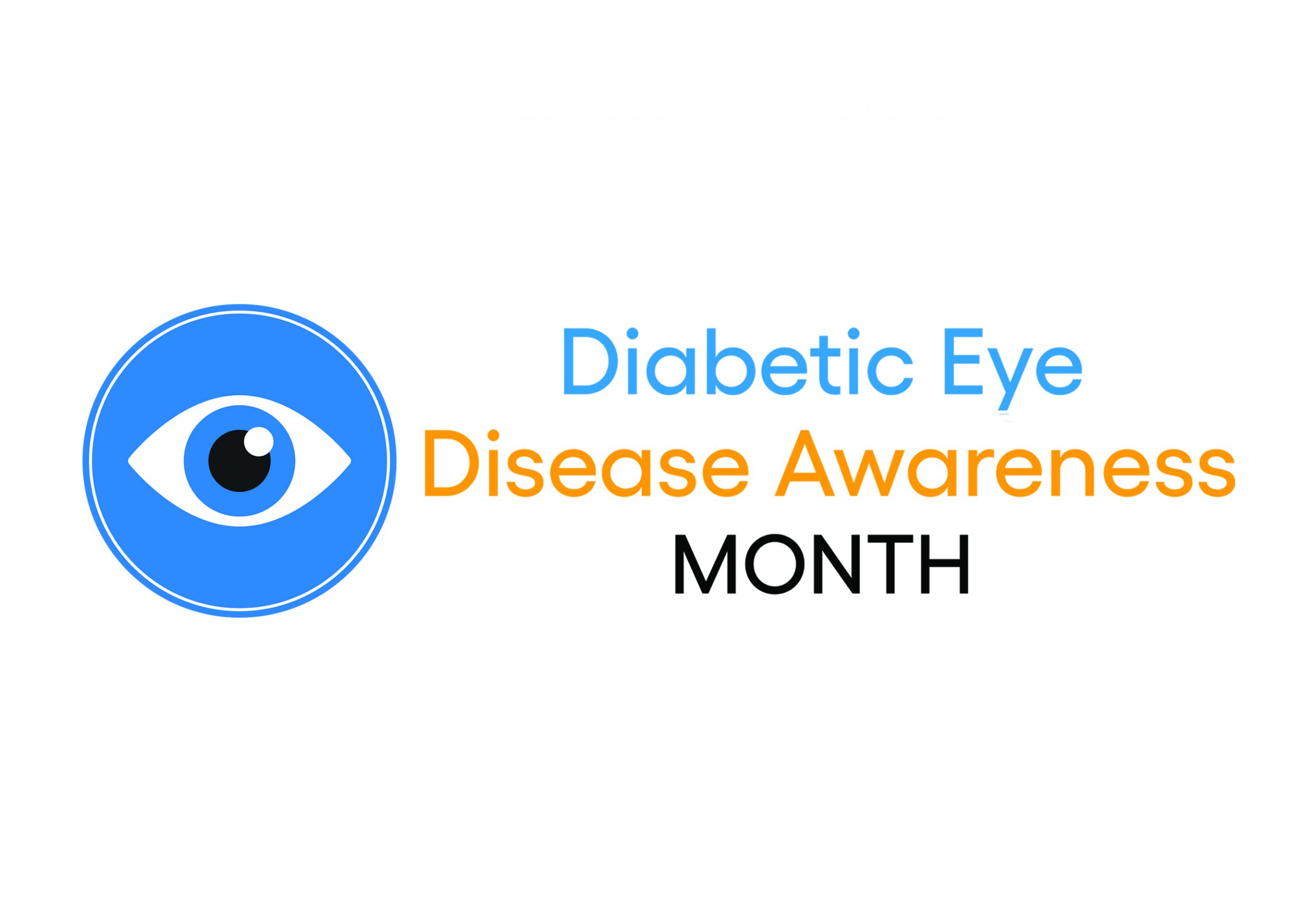 Diabetes can cause problems with your eyes. Glaucoma, diabetic retinopathy, diabetic macular edema, and cataracts are common conditions that affect many diabetics. It is important to manage your diabetes and maintain regular eye exams with an ophthalmologist in order to protect your vision.
Diabetes can cause problems with your eyes. Glaucoma, diabetic retinopathy, diabetic macular edema, and cataracts are common conditions that affect many diabetics. It is important to manage your diabetes and maintain regular eye exams with an ophthalmologist in order to protect your vision.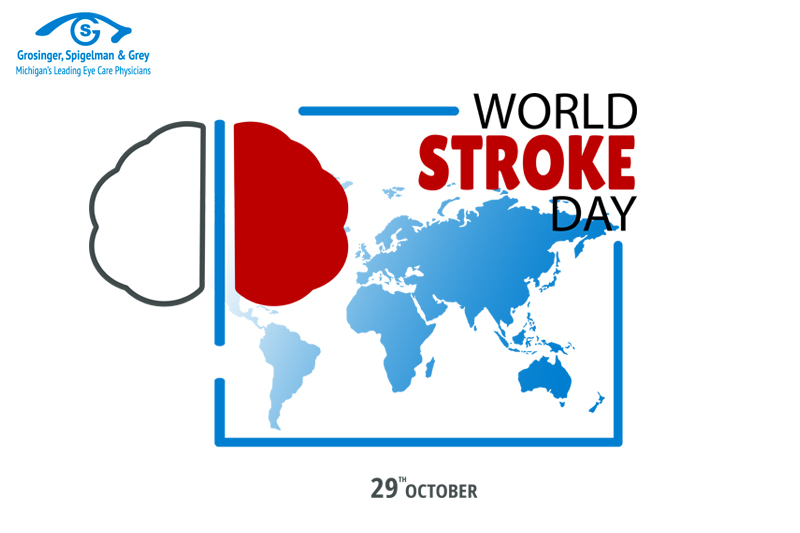
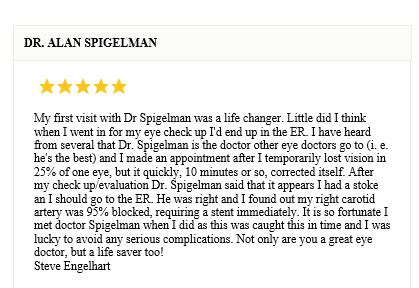



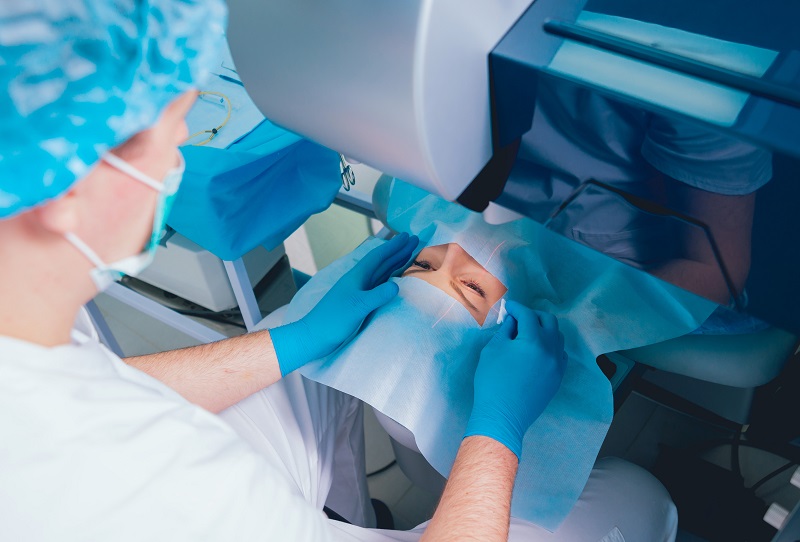
 When your ophthalmologist says the words “cataract surgery,” your initial reaction may be of concern. The thought of someone operating on your eyes can be scary. The good news is that there is nothing to be afraid of if you need this common procedure. According to the American Society of Cataract and Refractive Surgery, this operation has a 98% or higher success rate. There are also other benefits that could improve your life.
When your ophthalmologist says the words “cataract surgery,” your initial reaction may be of concern. The thought of someone operating on your eyes can be scary. The good news is that there is nothing to be afraid of if you need this common procedure. According to the American Society of Cataract and Refractive Surgery, this operation has a 98% or higher success rate. There are also other benefits that could improve your life.